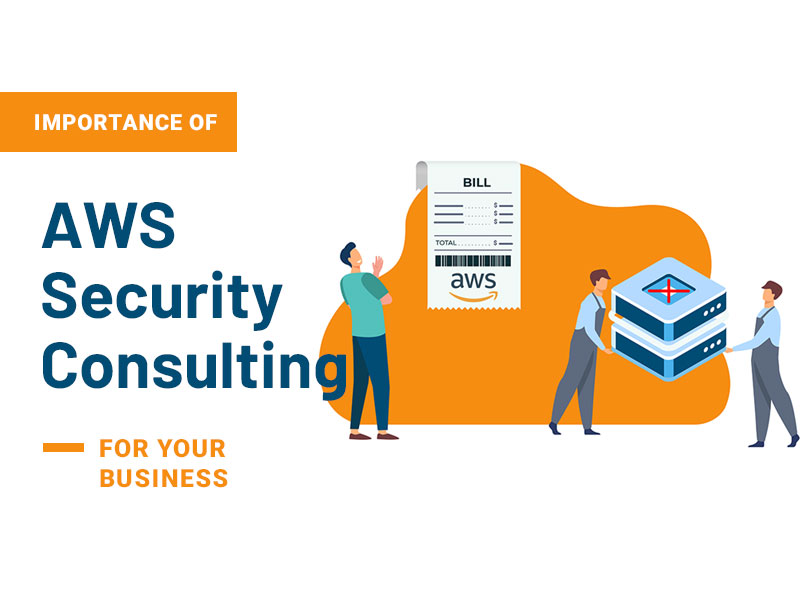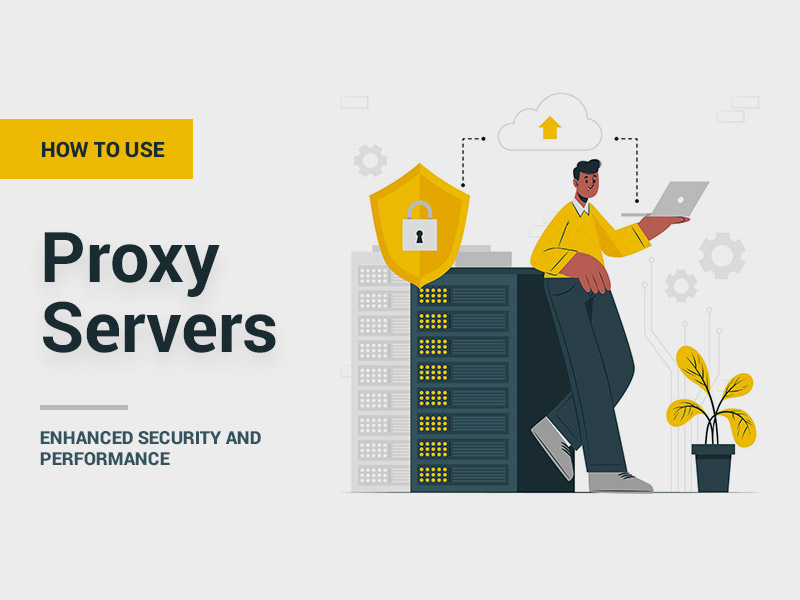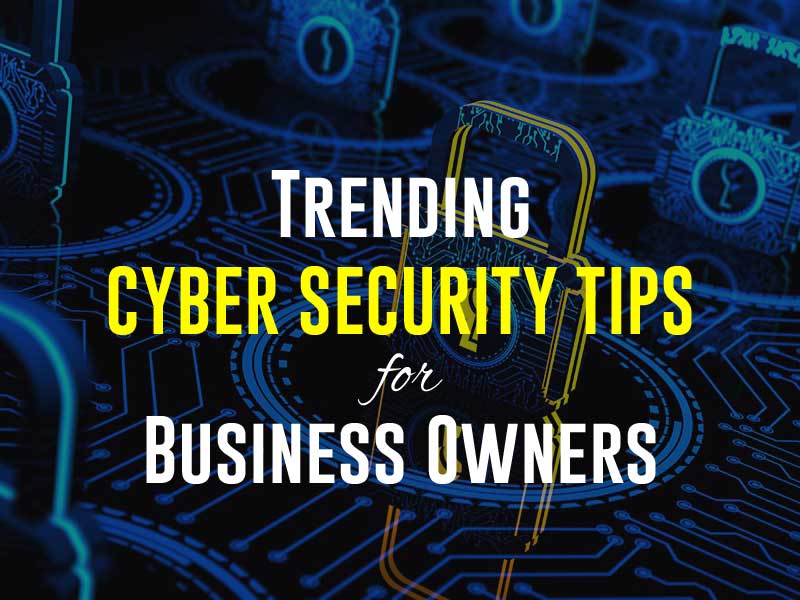Security becomes a vital issue as organizations shift their activities to the cloud. AWS has a sophisticated security architecture but needs the knowledge to install and administer it successfully.
AWS security consulting services include security evaluations, audits, remediation, and continuous monitoring and support. Businesses may secure their data from possible risks by employing the knowledge of AWS security specialists.
Understanding AWS Security’s Shared Responsibility Model
AWS follows a shared responsibility approach, which means that both AWS and the client share responsibility for environmental security. AWS is responsible for safeguarding the underlying infrastructure, while the client is responsible for securing their data, applications, and customizations.
It includes enforcing strict access controls, encrypting important data, and regularly monitoring and testing your environment to identify potential threats. Identity and Access Management (IAM) is a vital component of AWS security. IAM enables you to control user access to AWS resources and services, and it’s critical to follow best practices to ensure that your IAM rules are safe. Here, the expertise of a trusted DevOps consulting company becomes invaluable.
Implementing strong password rules, leveraging multi-factor authentication, and frequently evaluating and updating your IAM policies are all best practices for IAM. By following these best practices, you can guarantee that only authorized individuals can access your AWS environment, lowering the risk of a compromise.
AWS Encryption for Data Protection
Encryption is a critical component of AWS security, adding extra protection to your data. AWS offers numerous encryption solutions, including server-side encryption, client-side encryption, and database encryption. It is where AWS security consulting comes in, providing organizations with the skills they need to safeguard their AWS environments.
Ensuring the security of your data in your AWS setup is of utmost importance, which is why it’s essential to utilize the most effective encryption techniques available. Using robust encryption techniques and frequently modifying encryption keys to safeguard confidential data is crucial.
Risk Reduction Using AWS Security Groups
AWS security groups are an excellent tool for minimizing threats in your AWS environment. Security groups enable you to restrict incoming and outgoing traffic to your AWS services, adding extra security against possible risks.
To ensure the effectiveness of your AWS security groups, use best practices such as reducing open ports, utilizing network ACLs to manage traffic, and evaluating and updating your security group rules regularly.
Monitoring and Alerting for AWS Security
Monitoring and alerting are critical components of AWS security, helping you to spot possible risks and react swiftly to security problems. AWS offers monitoring and alerting services, including CloudWatch, GuardDuty, and Security Hub.
Applying best practices for monitoring and alerting is critical to guarantee that your AWS environment is adequately monitored. We have implemented alerts and regularly reviewed records and warnings to ensure we get all vital events. Moreover, automated incident response protocols are implemented to enhance productivity.
AWS Compliance: Meeting Industry Standards and Regulations
Compliance is a significant problem for organizations operating in regulated sectors. AWS offers many compliance initiatives, including HIPAA, PCI DSS, and FedRAMP, to assist enterprises in meeting industry standards and requirements.
A clear understanding of your industry’s regulations and the compliance procedures that apply to your business is essential for maintaining compliance within your AWS configuration.
Preparing for the Worst: Disaster Recovery and Business Continuity in AWS
Disasters may occur at any moment, and organizations must be ready to react swiftly and efficiently. AWS offers many disaster recovery and business continuity services, such as AWS Backup and AWS Disaster Recovery, to help organizations prepare for the worst.
Following best practices for disaster recovery and business continuity is critical to guarantee that your AWS infrastructure is catastrophe-ready. It involves:
- Routinely testing your disaster recovery plans.
- Creating redundant systems and backups.
- Ensuring that your essential data and applications are accessible during a catastrophe.
Also read: AWS vs DigitalOcean – How to Select One?
Conclusion
AWS security consultancy is critical for firms who want to secure the security and compliance of their AWS infrastructures. Businesses may reduce risks, safeguard their data, and maintain the resilience and safety of their operations by applying best practices for AWS security. Businesses may reap the advantages of AWS while limiting possible security dangers if they have the necessary skills and tools.







